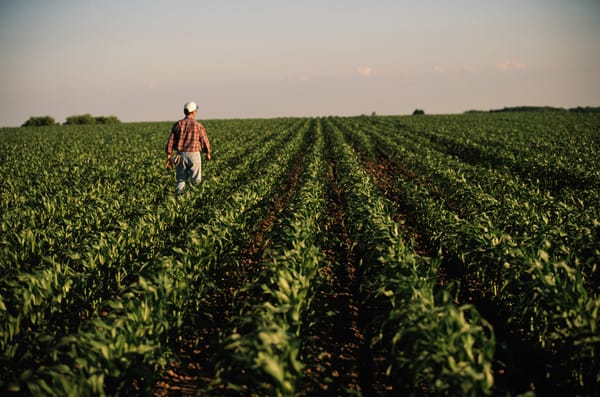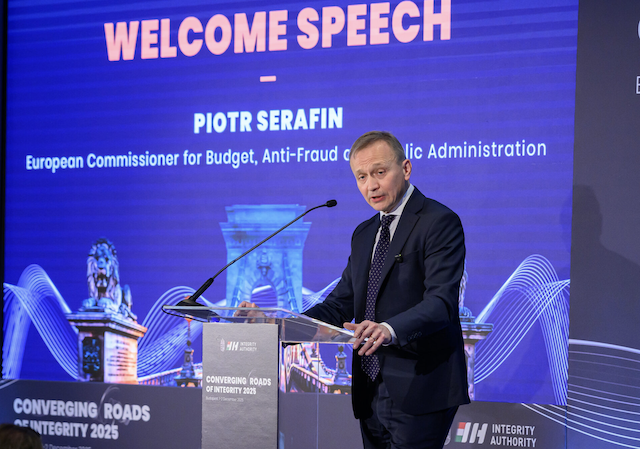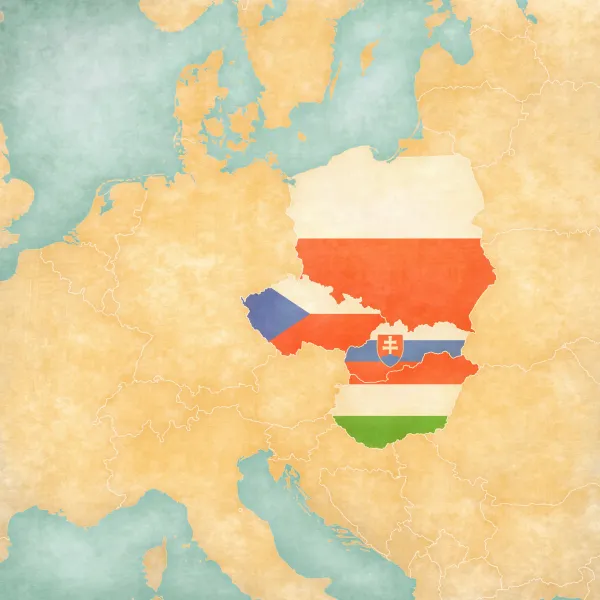
Nuclear plant expansion is on, Hungary PM says, as FM calls sector sanctions 'a red line'
The EUR 12.5 bn expansion of Hungary’s only nuclear power plant at Paks remains viable, Hungarian Prime Minister Viktor Orban told members of the press on Wednesday afternoon.
Russian state nuclear company Rosatom’s addition of two blocks at the facility, can still go ahead, according to the sanctions currently in place, Orban claimed.
On Thursday morning Hungarian Foreign Minister Peter Szijjarto said Hungary received the first air shipment of nuclear fuel for Paks from Russia on Wednesday, as the war in Ukraine has rendered rail deliveries impossible.
He said the shipment had arrived via the airspace Belarus, Poland and Slovakia with all three countries’ approval, as nuclear energy is not subject to any EU sanctions. Speaking in a Facebook video from Brussels, Szijjarto said the imposition of any nuclear-related sanctions would also be a “red line” for Hungary.
He added that Hungary was prepared to pay in rubles for Russian gas, joining Austria and Slovakia in thwarting EU attempts to uniformly oppose Moscow’s demand for payment in its own currency.
At the rare Orban press conference on Wednesday, the Hungarian premier blamed the delays to the Paks expansion on “the many attacks” it has received since 2014, and claimed that the project would otherwise have been completed by next year, mitigating the damage to Hungary from the current energy crisis.
The expansion of Hungary’s only nuclear power plant, which provides around half of the country’s electricity, has been controversial since it was unexpectedly revealed by Russian state news agency Tass in January 2014.
The deal, announced as a fait accompli and without a tender being held, states that Russia will 80% finance Paks via a EUR 10 billion credit line. The European Commission approved the deal to expand the Russian-built 2GW plant with two Russian-made VVER reactors, in March 2017.
However in the run up Orban’s landslide election victory on Sunday, reports had emerged that Rosatom would pull out of the project due to difficulties connected to EU sanctions.





